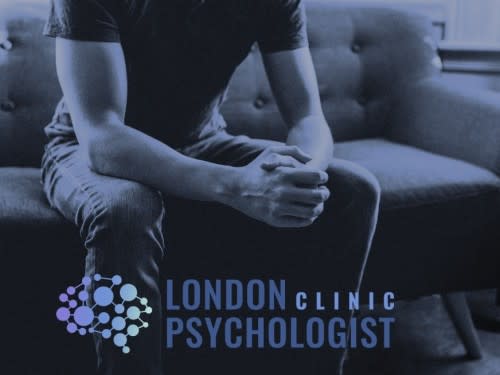How Can a Psychologist Treat Depression?

posted 5th June 2024
Understanding the Impact of Talking Therapy on Depression and Anxiety
As a psychologist with extensive experience in the field of mental health, I have seen firsthand the transformative power of talking therapy for individuals grappling with depression and anxiety. These common yet debilitating conditions affect millions of people worldwide, often diminishing their quality of life and overall well-being. This article aims to shed light on the nature of these mental health issues, the efficacy of talking therapy, and the importance of seeking help early.
Depression and anxiety manifest differently in individuals, but there are common symptoms to be aware of. Depression often presents as persistent sadness, loss of interest in activities once enjoyed, changes in appetite or weight, sleep disturbances, fatigue, feelings of worthlessness or guilt, difficulty concentrating, and in severe cases, thoughts of death or suicide. Anxiety, on the other hand, is characterised by excessive worry, restlessness, fatigue, difficulty concentrating, irritability, muscle tension, and sleep disturbances. Recognising these symptoms early can be crucial in seeking timely and effective intervention.
The Role of Talking Therapy
Talking therapy, also known as psychotherapy, is a highly effective treatment modality for both depression and anxiety. It involves structured sessions with a trained psychologist who uses evidence-based techniques to help individuals understand and manage their emotions, thoughts, and behaviours. The therapeutic relationship between the psychologist and the client is foundational, providing a safe, non-judgmental space for individuals to explore their feelings and experiences.
Cognitive Behavioral Therapy (CBT)
One of the most widely studied and effective forms of talking therapy is Cognitive Behavioural Therapy (CBT). CBT focuses on identifying and challenging negative thought patterns and behaviors that contribute to anxiety and depression. A 2016 meta-analysis published in the "Journal of the American Medical Association" found that CBT is highly effective in treating both disorders, with significant improvements in symptoms compared to control groups.
Interpersonal Therapy (IPT)
Interpersonal Therapy (IPT) is another evidence-based approach that has shown efficacy, particularly in treating depression. IPT focuses on improving interpersonal relationships and social functioning, which can be a source of emotional distress. Research published in "The American Journal of Psychiatry" indicates that IPT can be as effective as medication for some individuals with depression.
The Expertise of Psychologists
Psychologists undergo rigorous training and education to develop the skills necessary to diagnose and treat mental health conditions. This includes completing a doctoral program in psychology, supervised clinical experience, and obtaining licensure. This extensive training equips psychologists with a deep understanding of human behaviour, emotional regulation, and therapeutic techniques.
Moreover, psychologists are trained to tailor their approach to the unique needs of each client, ensuring that therapy is personalised and effective. They employ a variety of therapeutic modalities, such as CBT, IPT, psychodynamic therapy, and others, based on the individual’s specific circumstances and preferences.
The Importance of Early Intervention
Seeking help early is crucial in managing depression and anxiety effectively. Early intervention can prevent the progression of symptoms, reduce the severity of the condition, and improve long-term outcomes. According to the National Institute of Mental Health (NIMH), early treatment is associated with better prognosis and can prevent the development of chronic mental health issues.
In conclusion, talking therapy is a powerful tool in the treatment of depression and anxiety. With the expertise and guidance of a trained psychologist, individuals can navigate their mental health challenges, develop coping strategies, and work towards a more fulfilling and balanced life. Recognizing the symptoms early and seeking help promptly can make a significant difference in the journey towards mental well-being. If you or someone you know is struggling with depression or anxiety, do not hesitate to reach out for professional support. Remember, it is never too early or too late to seek help.



